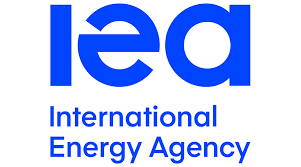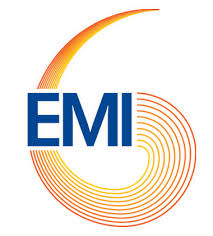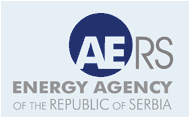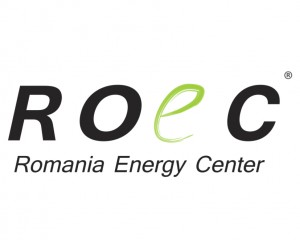Kurdish Regional Government (KRG) officials declared that the oil deal signed between the central government in Baghdad and Iran without the consultation of the KRG is unconstitutional and would not be successful, Kirkuk officials said on Thursday.
Following the meeting of Iranian Oil Minister Bijan Namdar Zangeneh and Iraq's oil minister Jabar Ali al-Luaibi on July 30 in Tehran, Zangeneh said that a pipeline to ship Kirkuk oil to Iran would be built, further enhancing Iran and Iraq's bilateral relations.
Iraq and Iran signed an agreement to export the oil that is produced from the wells in Kirkuk in February 2017. Among those wells, the KRG controls five while three others are under the control of the Iraqi state-owned North Oil Company.
The oil-rich Kirkuk region is a point of contention between Baghdad and the KRG in terms of shares over revenues gained via oil exports.
The Kurdish parliament’s Natural Resources Commission deputy president Dilshad Saban said that the deal has more of a "political" angle than an "economic" one.
According to Saban, this decision is part of an aim to manipulate the planned referendum in Kirkuk on Sept. 25 when participants will vote on whether the northern Kurdish region should formally secede from the Iraqi state. He also considers that both sides are not in a position to put the agreement in place.
The Kirkuk Provincial Council Chairman Rebwar Talabani, who spoke to the KRG's local media, also said that the oil deal conflicts with the constitution.
Underlining Article 112 of the constitution, Talabani argued that any agreement over oil production, processing or exports from any province in the country has to be made through consultation.
Kirkuk governor Najmiddin Karim, in a written statement, reacted to the deal between the sides, stating that the agreement was reached without the consultation of the KRG, and therefore would be unsuccessful.
The Kirkuk provincial administration supports all oil agreements that are reached by the central government, especially in efforts to increase production capacity through greater recovery of wells, Karim noted.
However, any deal reached or any meeting held on oil production without the consultation of the Kirkuk administration and provincial council cannot be successful, he declared.
During the U.S.-led invasion of Iraq in 2003, Kurdish Peshmerga forces seized Kirkuk, prompting an influx of Kurds into the ethnically diverse city.
While Baghdad says Kirkuk is administratively dependent on Iraq’s central government, the Patriotic Union of Kurdistan -- an influential political party in the region -- wants to see the city incorporated into the semi-autonomous Kurdish region.
Kirkuk’s population is comprised mainly of Arab, Turkmen and Kurdish inhabitants.
(Anadolu Agency)




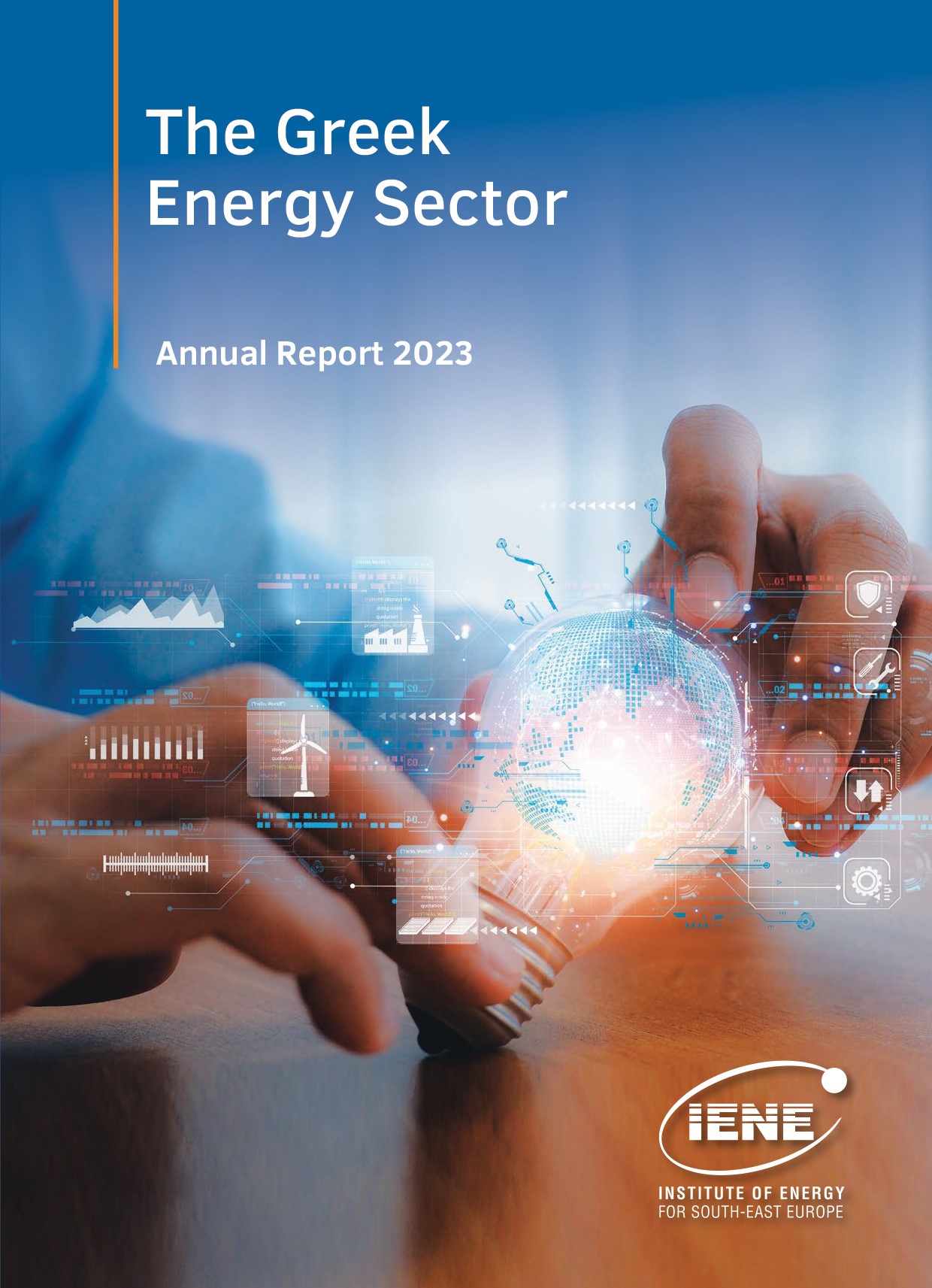

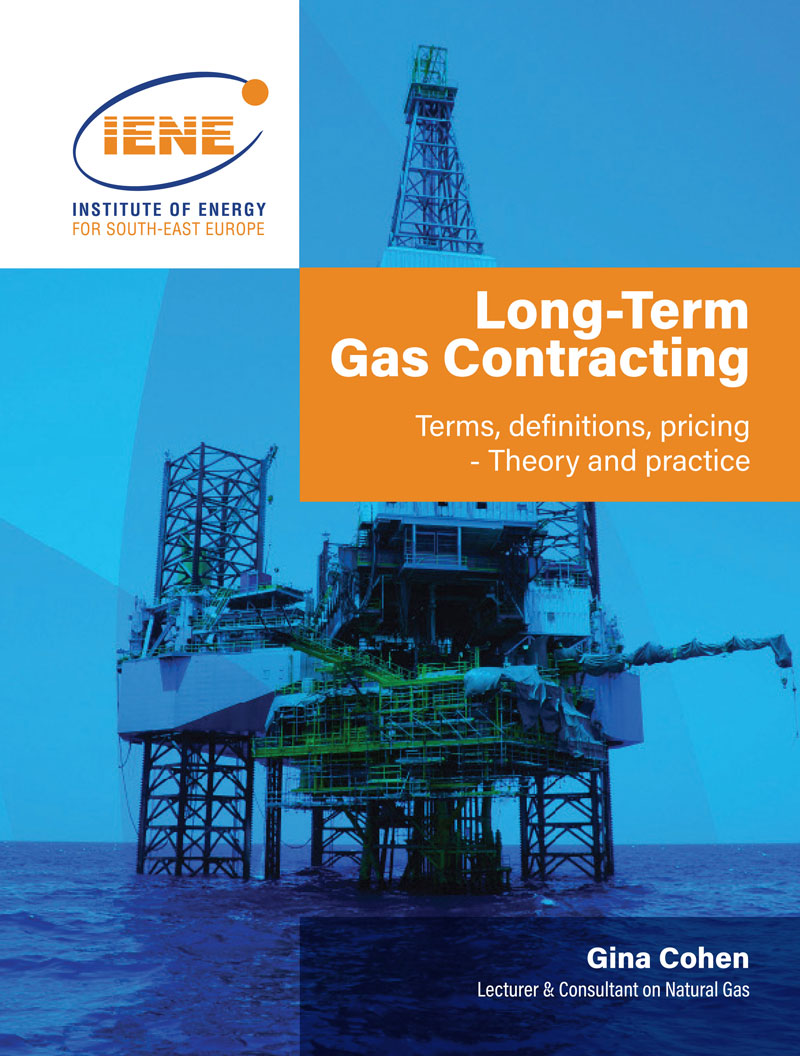 More
More
